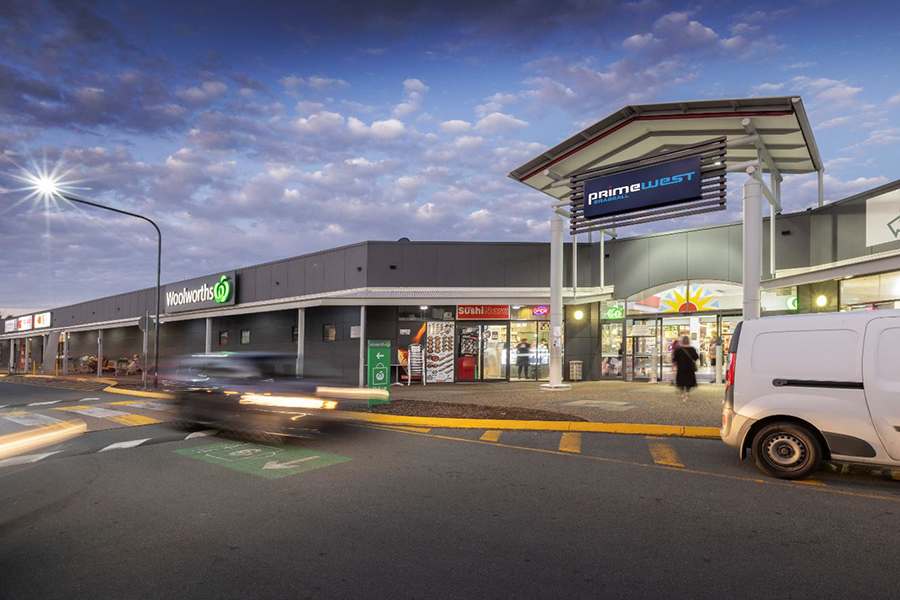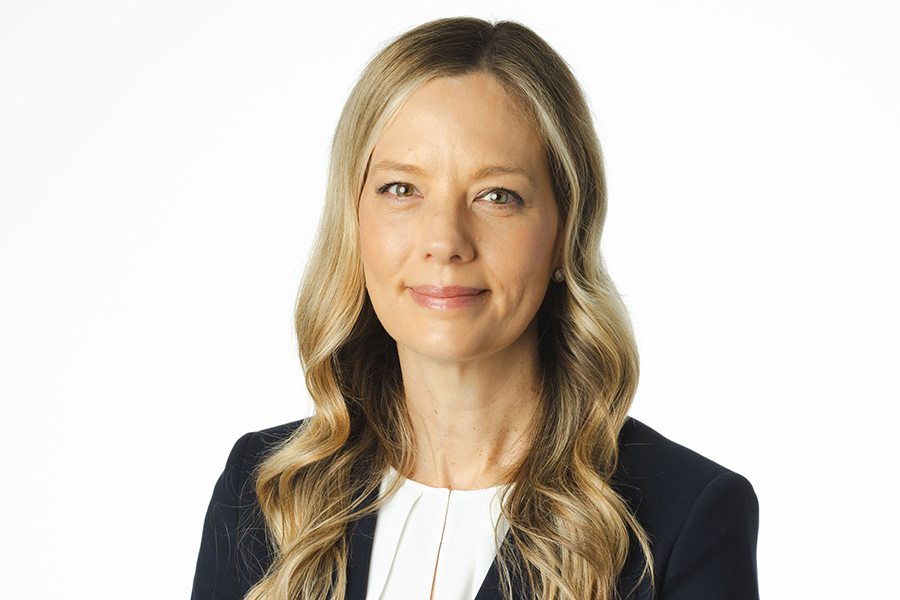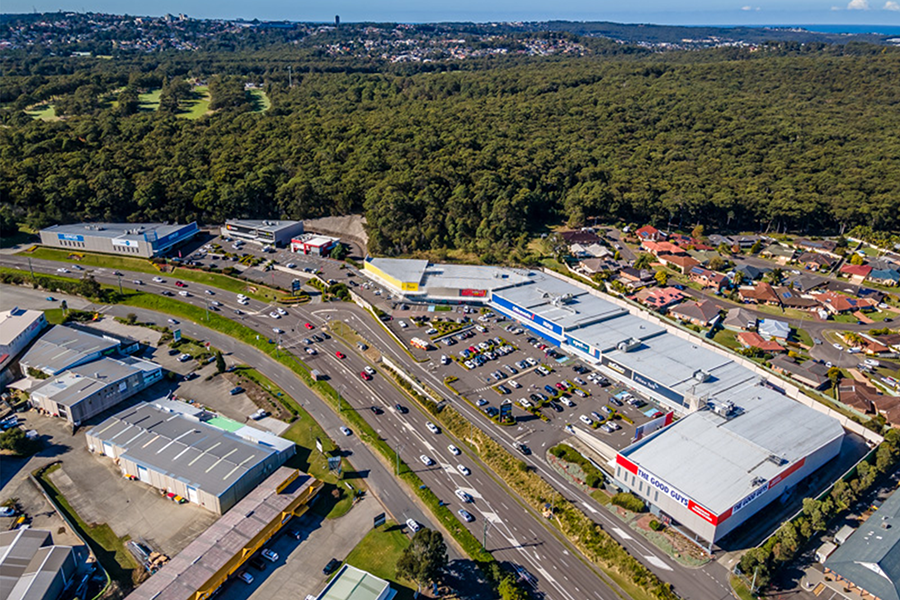A highly sought-after neighbourhood retail portfolio comprising five assets across Queensland, Adelaide and Perth has come to market, with the most recent transactions in this retail sub-sector reaching record highs.
The assets include Brassall Shopping Centre, Brassall, QLD; Port Village, Port Douglas, QLD; Primewest Dernancourt, Dernancourt, SA; Tyne Square, Perth, WA and Fairview Green, Fairview Park, SA.
Primewest, a Centuria Capital Group subsidiary, is divesting the assets whose related unlisted funds have reached their maturity. Collectively, the five neighbourhood centres are valued at $200 million.
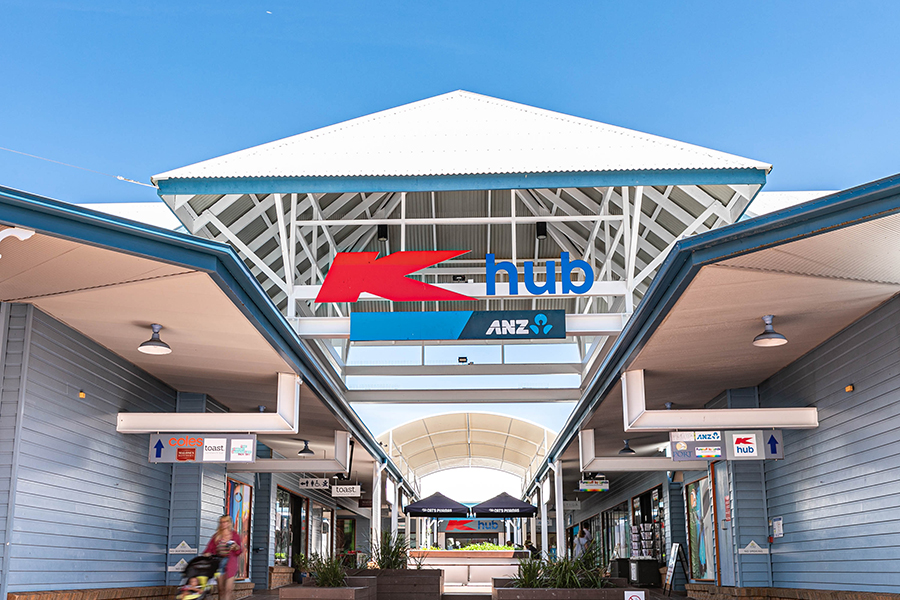
Port Village, Port Douglas, QLD
JLL’s Sam Hatcher and Nick Willis have been exclusively appointed to lead an Expressions-of-Interest campaign alongside Jacob Swan, Nigel Freshwater and Ben Parkinson for the Australian neighbourhood portfolio, amid significantly enhanced investor demand for neighbourhood and convenience-based sub-regional retail assets.
Nick Willis said: “Interest in these convenience-based neighbourhood centres remains elevated, however this demand has been met with significant constrain of investment supply in 2022.
“We have seen a shift in investor demand looking to increase weighting to the sector, however, this remains difficult in what is a highly fragmented sector. This portfolio provides a very unique opportunity for an investor to gain an immediate and diversified scale. In addition to the attraction for larger portfolio buyers we also anticipate strong demand on an individual asset basis given their unique and attractive propositions,” said Willis.
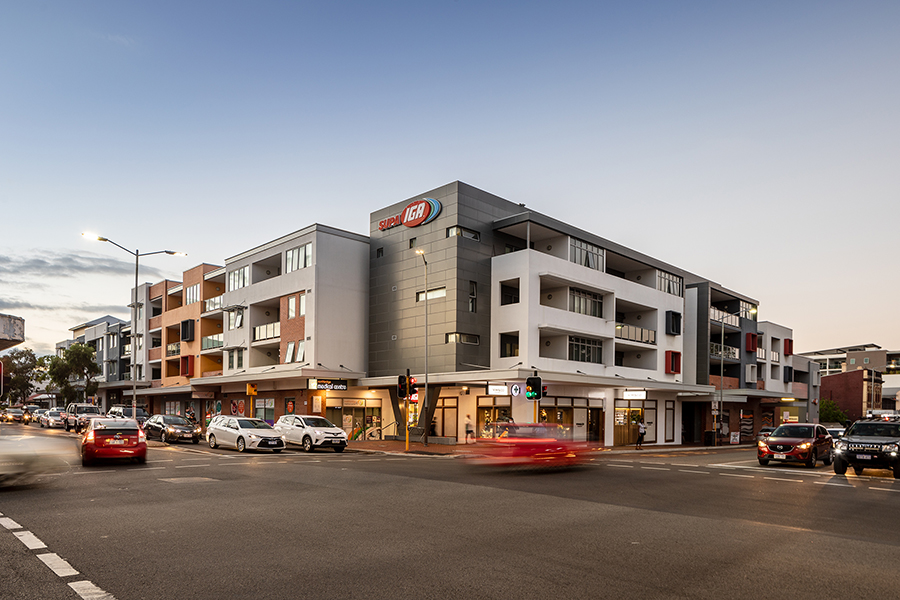
Tyne Square, Perth, WA
Neighbourhood centre investment activity in 2021 was at record levels, with 58 transactions totalling $2.9 billion. This was a record year for the sub-sector by a significant margin, and a substantial increase from $1.5 billion recorded in 2020.
Sam Hatcher said: “Transaction activity is being driven by a range of capital sources, with private investors and syndicators actively acquiring these assets to capitalise on the low cost of debt, and this is expected to continue in the short term while interest rates remain at record lows. Yields for the sub-sector have been resilient given the liquidity in the private investor and syndicator market, combined with resilient performance of fundamentals through the COVID-19 crisis in terms of MAT and rent collections.
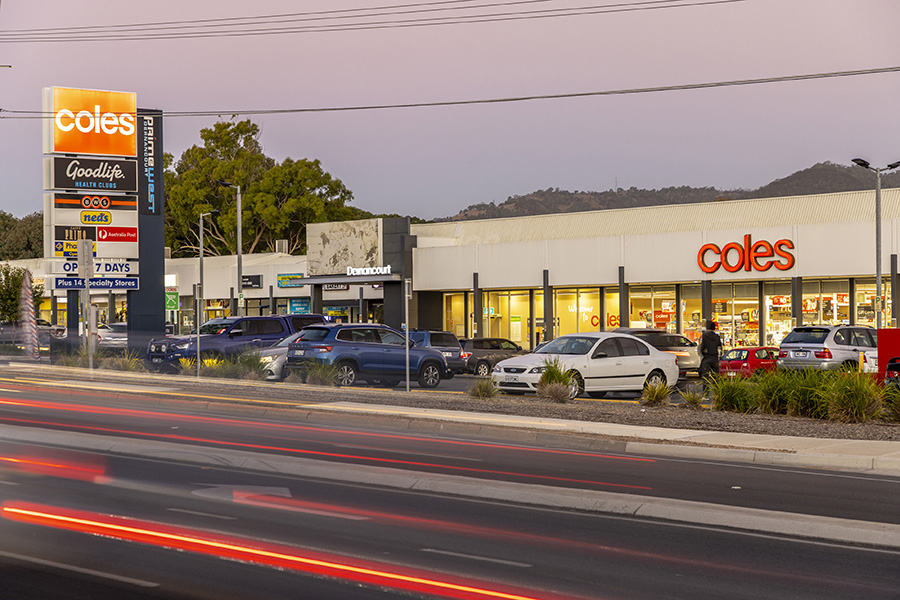
Primewest Dernancourt, Dernancourt, SA
“Population growth is a key long-term driver of food retailing which underpins convenience retail assets. While border closures weighed on population growth in the short term, Australia is forecast to have one of the strongest rates of population growth among developed countries over the next five years,” said Hatcher.
Australian retail is regaining lost momentum caused by the peak of the Omicron outbreak in January. Retail turnover rose 1.8% in February 2022, seasonally adjusted, according to the Retail Trade figures released in late March by the Australian Bureau of Statistics (ABS).


